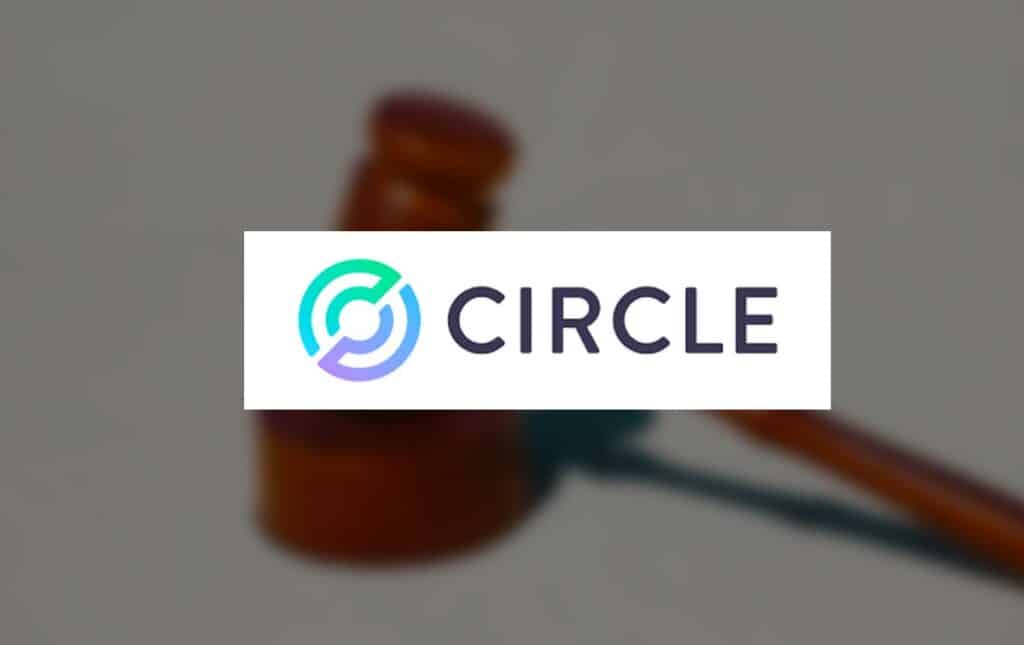Financial Times reports that the US Securities and Exchange Commission (SEC) reportedly slammed Circle’s $9 billion attempt to list via Spac. Using a blank-check company, Bob Diamond, a banking veteran, attempted to venture into the US stock market with a stablecoin operator.
The Unfinished Effort for Public Listing
In a statement to the Financial Times published in December, Circle group, which dropped its plans to list, said the deal had been stalled not as a result of the turbulence in the crypto markets last year, but because the Securities & Exchange Commission had not given its approval to what would have been the world’s largest deal involving a Spac.
When the digital asset market was in the midst of a bull run in July 2021 that saw the value of popular tokens such as bitcoin reach record levels by November, a company called Circle, which runs the second-largest stablecoin in the world, agreed to merge with a vehicle set up by veteran banker Bob Diamond.
Upon the collapse of the crypto market one year later, a spate of bankruptcies followed, including the collapse of the FTX trading company, a marquee trading shop that had been around for decades. It has been reported that Circle has more than $44 billion worth of tokens in circulation, compared to the $56 billion it held in June.
The abandonment of the deal was also coincidental with a change in sentiment towards the European Central Bank, which began raising the interest rate, and with economists predicting a long recession as a result of a change in policy.

According to a person familiar with the situation who spoke to the Financial Times, there was a considerable amount of time, or “delay”, between Circle’s announcement of its intention to form a Spac and the expiration of the Spac in December 2022.
This person meant that after the implosion of Bahamas-based FTX in late 2022, which exposed a number of flaws in how crypto groups are managed and highlighted the damage they can do,
“In my mind I believed there was no way to approve anything”.
Following the collapse of the deal, the industry has suffered a number of setbacks in its relationship with the Securities and Exchange Commission. In recent years, Bitcoin cash ETFs have struggled to make headway with the SEC, as several ETFs that sought to track the price of bitcoin cash have not succeeded, and late last year the SEC announced that it had rejected Grayscale’s bid to launch an ETF of its own, citing concerns about the underlying market for digital assets.
The challenge between regulators and crypto companies doesn’t seem to end soon. Companies are trying their best to bring more people to the industry by having regulated licenses and the old regulation systems can’t accept them easily.
But the trend is clear. More and more companies will merge and next to the decentralized services, can attract more users. Regulation couldn’t be a burden in the path of technological innovations throughout history.










